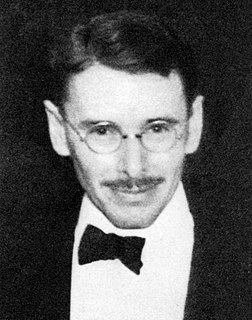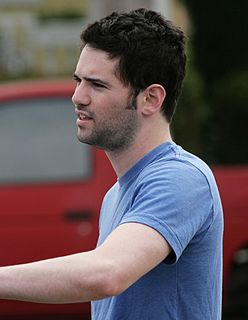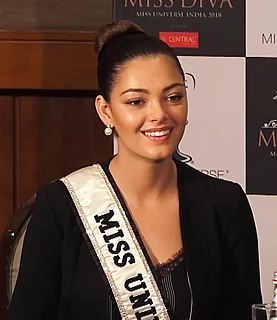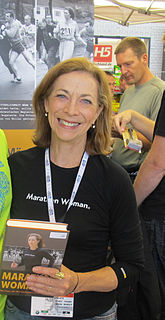A Quote by Robert Thurman
I'd like to say is that we shouldn't have an idea that the goal of spiritual practice is to annihilate ones ego, that would be a mistake. In the early years of enlightenment, psychologists were afraid of Hindus and Buddhists meditating because they thought they were going to shatter their egos and then they'd have to wear diapers or something, like they'd lose their toilet training or what have you. They were really afraid of it.
Related Quotes
Before the church responded, a lot of people would ask us, 'Are you afraid of what the church would say?' And Trey and I were like, 'They're going to be cool.' And they were like, 'No, they're not. There are going to be protests.' And we were like, 'Nope, they're going to be cool.' We weren't that surprised by the church's response. We had faith in them.
Everyone is going to be afraid sometimes. Then you ask yourself, "What am I really afraid of?" Then you can address it, because there's nothing to be afraid of. It helps a lot when you just face it and put it in perspective. It gives you that courage to fight through it. As an athlete, you can't be afraid to make a mistake.
If you say, "Would there were no wine" because of the drunkards, then you must say, going on by degrees, "Would there were no steel," because of the murderers, "Would there were no night," because of the thieves, "Would there were no light," because of the informers, and "Would there were no women," because of adultery.
The story of our band is that we were this relentless touring band in those early years. We were leaving day jobs and going off on the road and having fun and seeing the country for the first time. We were playing Chinese restaurants and basements and record stores and houses. We were crashing on floors and it was all new and exciting. It was like a vacation. It didn't feel like work. I couldn't wait to go on tour back then. I would be sitting at my day job or my apartment, just itching to go. There were so many adventures that were about to happen.
No liberal newspaper ever talked about the invasion of Vietnam; they talked about the defense of Vietnam. And then they were saying, "well, it's not going well." Ok, that make them liberal. It's like, it's if we were to say, that going back to, say, Nazi Germany, that Hitler's general staff was liberal after Stalingrad because they were criticizing his tactics: "It was a mistake to fight a two front war, we should've knocked off Englad first," or something.
When I was first running marathons, we were sailing on a flat earth. We were afraid we'd get big legs, grow mustaches, not get boyfriends, not be able to have babies. Women thought that something would happen to them, that they'd break down or turn into men, something shadowy, when they were only limited by their own society's sense of limitations.
I think one thing my mother always instilled in me was a sense of individuality. Being an only child, I never thought I had to rely on anyone. I was never afraid to be alone and I was never afraid to be my own person. So when all my friends were like, "Let's smoke weed," I was like, "I'm not doing it." It wasn't because I was trying to be a rebel or because I didn't like it or I was anti-drugs. I just didn't do it because I didn't want to do it, and if I didn't want to do it, I wasn't doing it. That was it.






































